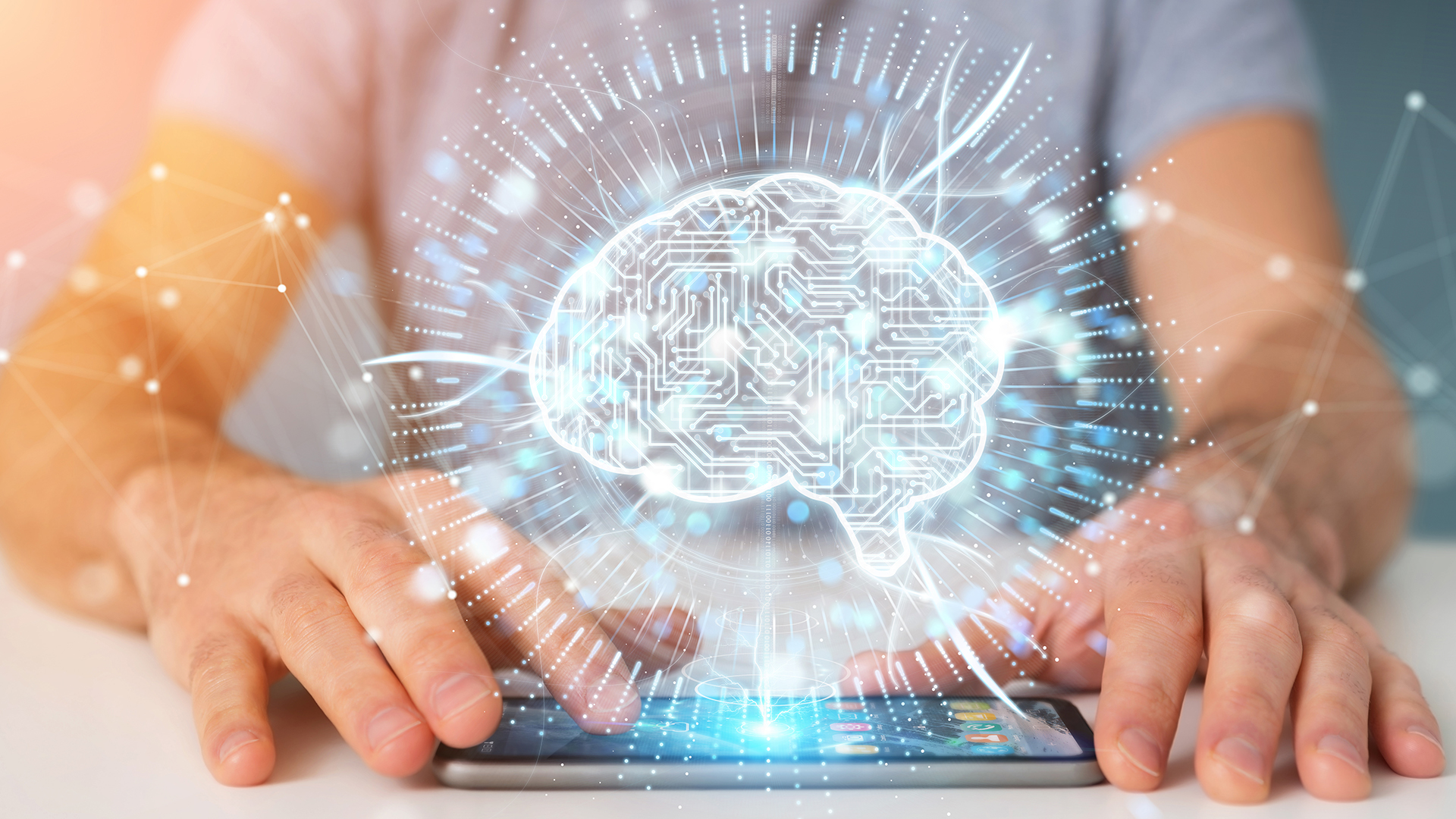Will AI Make My Job Redundant or Obsolete?
Seeing what Internet of Things (IoT) applications like smart-home (or smart-building) technologies are able to do and how artificial intelligence (AI) is using the data collected by those applications to make decisions and reprogram itself is striking fear into the hearts of average workers. … even tech workers who, just a few years ago, thought their jobs were totally secure. It’s such a concern, there’s even a website dedicated to it—WillRobotsTakeMyJob.com. The site allows you to enter your job title, and then it returns information on the likelihood (by percentage) that you’ll be replaced by AI in the next 20 years.

Since eHire supplies talented employees within the tech sector, we wanted to know what the future holds for hiring in the areas where AI is most utilized and how that’ll affect our industry and our candidate pool. Should people be scared, or should they just listen to Taylor Swift and “calm down?” Here’s what we found.
The Pandemic Has Increased AI/Robotics Usage Making Many Humans Redundant
While companies “temporarily” laid off or furloughed employees due to COVID concerns, one group of economists estimates 42% of those jobs are forever gone. For example, toll workers in the San Francisco Bay area were told to stay home once the pandemic hit, and drivers either paid by windshield-mounted devices or by being billed later. Toll authorities may make these collection methods the new standard, eliminating the need for humans.
Additionally, robots could replace as many as two million more workers in manufacturing by 2025, according to a recent paper by economists at MIT and Boston University. Balliol College economic fellow Daniel Susskind says the pandemic has fueled the incentive to automate work. “Machines don’t fall ill, they don’t need to isolate to protect peers, they don’t need to take time off work.”
Based on what economists are finding, low-wage workers will be the hardest hit since jobs involving customer interaction, predicted physical action, and office support make up many of the 15 jobs most threatened by automation.
Storage, Transportation, and Manufacturing Will Be The Most Affected Industries
DMV’s everywhere have their eye on Tesla as it continues to perfect full-self-driving capabilities on its cars, and so do those who make their livings in delivery service. But what really had delivery driver’s sweating recently is Domino’s Pizza’s debut of Nuro self-driving vehicles for contactless delivery (testing in Houston) in their latest commercial. Nuro will be the test that shows us how soon delivery jobs may be obsolete.
While AI is making big moves in transportation, both AI and robotics will dramatically change the face of storage and manufacturing. Automated robots are transforming the work of warehousing and also gradually replacing manufacturing jobs--jobs that mostly require predictable, repetitive physical motion. This first wave of automation is also eliminating jobs in data analysis, such as the ones performed by people working in logistics. (Yes, accountants and financial analysts beware!)
The Greatest Demand for AI Will Be in Healthcare
By 2050, the number of 62-year-olds will jump from 10% to 20%. As Baby Boomers age, dealing with declining health and needing care from assisted living and nursing facilities, the need for healthcare services will drastically increase … and the need for automation in healthcare along with it. Robots and machines who can assist with distributing medication, alert healthcare providers to health concerns and emergencies, and help seniors with simple tasks allowing them to remain independent will be necessary and valuable. Robots working in medical services are worth two billion dollars today. If you’re thinking about re-skilling and using your tech knowledge in another industry to better involve yourself in the AI revolution, the medical tech industry is a safe bet.
There Are Certain Professions Considered “Safe” from AI
Kai-Fu-Lee, author of AI Superpowers: China, Silicon Valley and the New World Order, says it’s important to focus on what AI can’t do in order to predict what industries will be more unaffected.
- AI can’t create, conceptualize, or manage complex strategic planning.
- AI can’t complete complex work that requires precise hand-eye coordination.
- AI can’t deal with unknown and unstructured spaces, especially ones it hasn’t observed.
- AI can’t feel or interact with empathy and compassion, meaning humans won’t choose to interact with an apathetic robot for traditional communication services.
Given these limitations, here’s a list of jobs this foremost expert on the AI revolution says are safe:
- Psychiatry
- Therapy
- Medical care
- AI-related research and engineering
- Fiction writing
- Teaching
- Criminal law
- Computer science and engineering
- Science
- Management
With many jobs becoming obsolete and new jobs being created by the AI sector, re-skilling the most vulnerable workers will be the key to mitigating displacement. In previous decades, the U.S responded to rapid technology changes by investing in education. In the late 1800’s it expanded access to public schools with the loss of farm jobs, the GI Bill sent World War II veterans who needed jobs to school to get degrees. Since national investment in education has stalled, the private sector will be challenged with re-investing in the workers they’re displacing in order to give them the skills they need to perform new jobs rather than sending them to unemployment lines.
According to WillRobotsTakeMyJob.com, there’s a 99.4% chance the team at eHire will be here providing high-quality talent in the tech sector for years to come. We’re not only aware of the latest hiring trends, but we know what skills and requirements businesses need for different positions. As the AI sector grows, we can supply workers with the skills needed to perform jobs for new positions or departments. Contact us to learn more about our hiring solutions.
